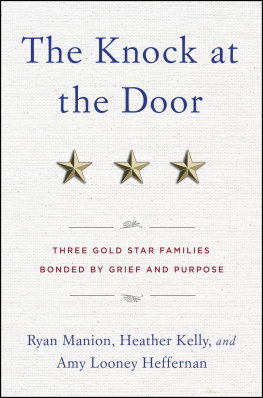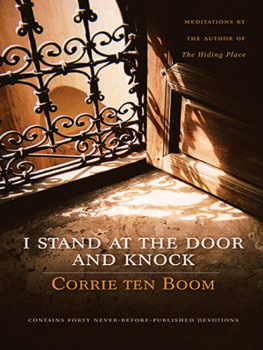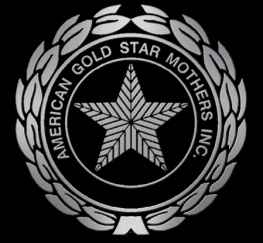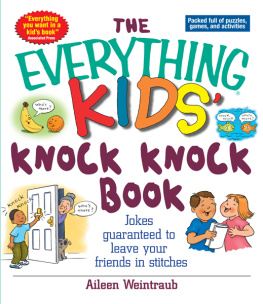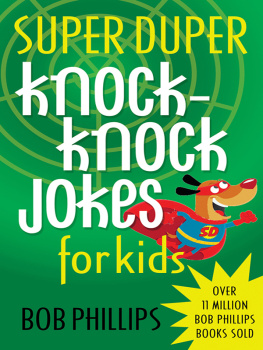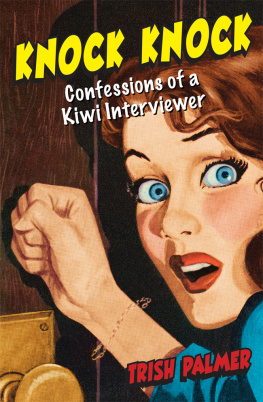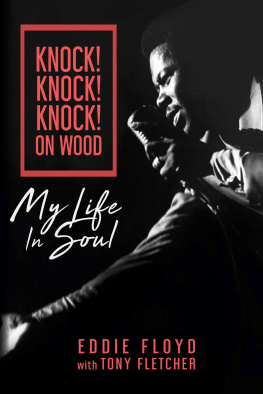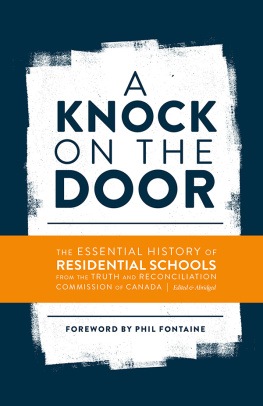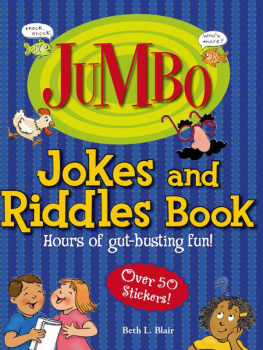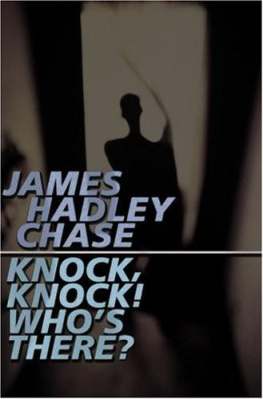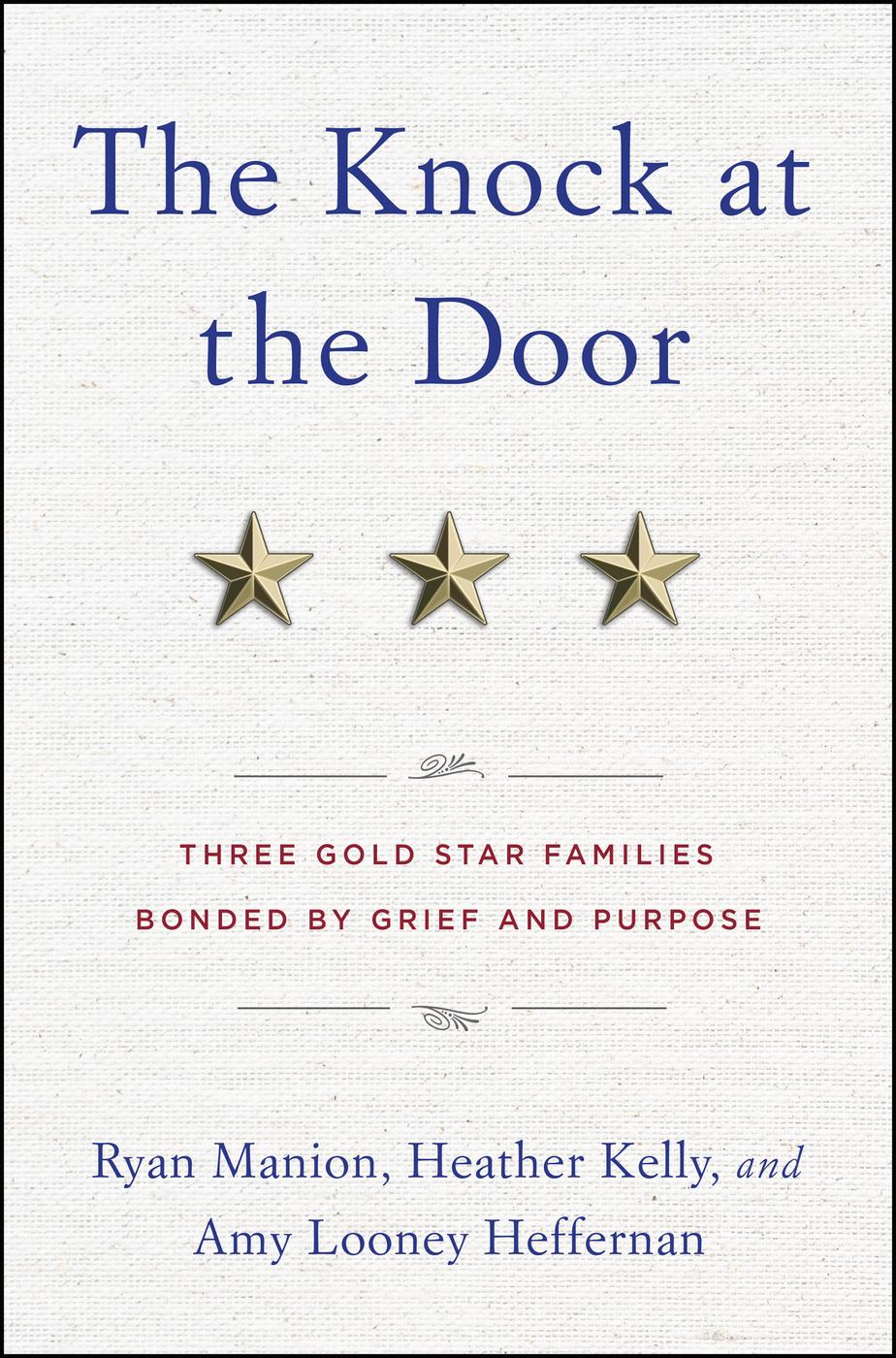
Copyright 2019 by Heather Kelly, Amy Looney and Ryan Manion
Cover copyright 2019 by Hachette Book Group, Inc.
Hachette Book Group supports the right to free expression and the value of copyright. The purpose of copyright is to encourage writers and artists to produce the creative works that enrich our culture.
The scanning, uploading, and distribution of this book without permission is a theft of the authors intellectual property. If you would like permission to use material from the book (other than for review purposes), please contact permissions@hbgusa.com. Thank you for your support of the authors rights.
Center Stree
Hachette Book Group
1290 Avenue of the Americas, New York, NY 10104
centerstreet.com
twitter.com/centerstreet
First Edition: November 2019
Center Street is a division of Hachette Book Group, Inc. The Center Street name and logo are trademarks of Hachette Book Group, Inc.
The publisher is not responsible for websites (or their content) that are not owned by the publisher.
The Hachette Speakers Bureau provides a wide range of authors for speaking events. To find out more, go to www.HachetteSpeakersBureau.com or call (866) 376-6591.
Library of Congress Cataloging-in-Publication Data has been applied for.
ISBNs: 978-1-5460-8523-2 (hardcover), 978-1-5460-8522-5 (ebook)
E3-20190917-DANF
To all Gold Star mothers, fathers,
husbands, wives, sisters, brothers,
sons, and daughters
Explore book giveaways, sneak peeks, deals, and more.
Tap here to learn more.
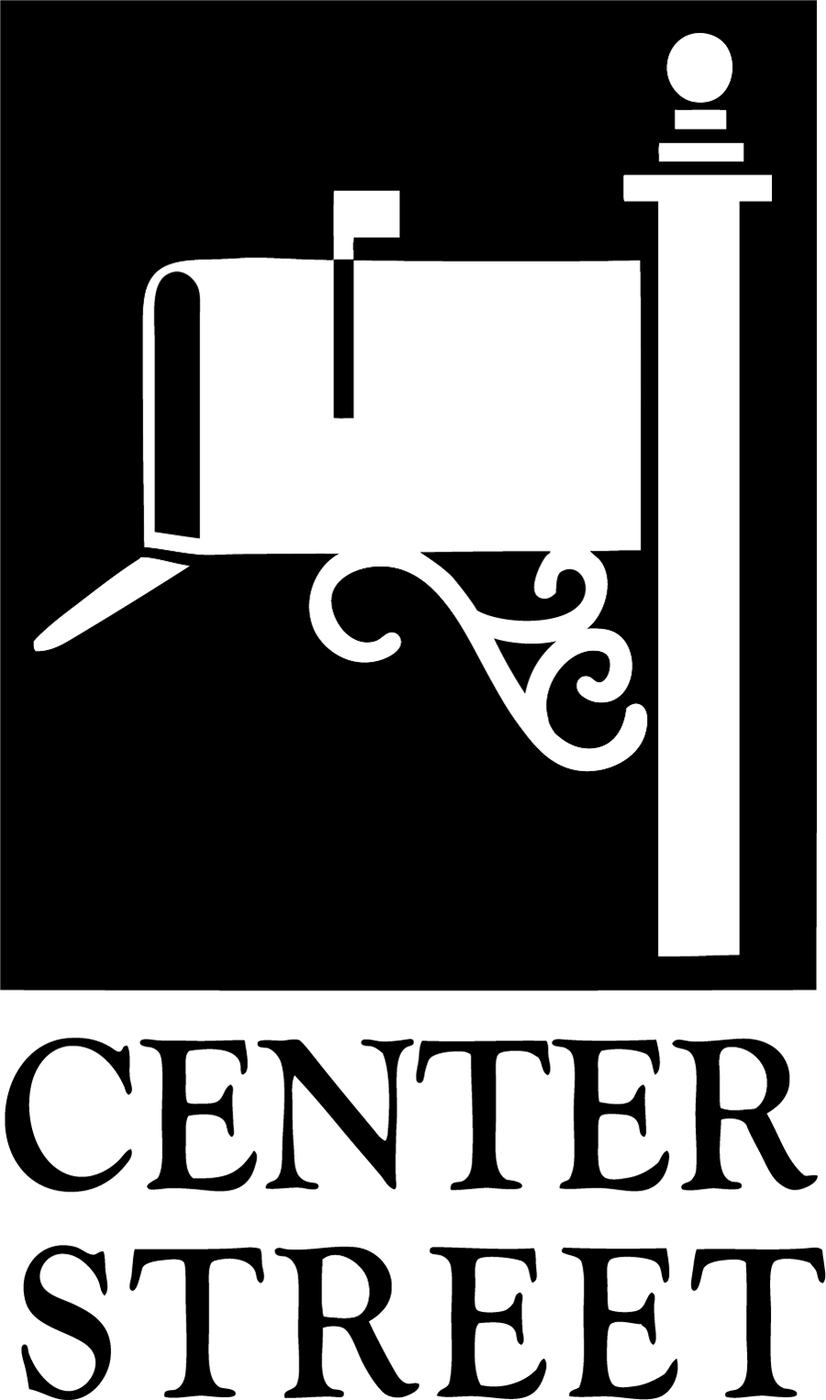
L ike most Americans of a certain age, I remember exactly where I was just before 9 a.m. on September 11, 2001. I was in bed in my apartment at Widener University, just outside Philadelphia.
I woke up to a panicky call from my mom, who was at my childhood home in Doylestown, Pennsylvania. She had just heard from my brother, Travis, who was a student at the United States Naval Academy in Annapolis. He had called to tell her that he was okay and that he and the rest of the student body were being moved to an undisclosed location and would not be in contact for a bit. One minute she was listening to his intense but measured voice, and the nextclickthe voice was gone.
As a mother now, I cant imagine receiving a call like that. My mom had first tried to reach my dad, but after a few failed attempts, she called me instead. I was still groggy from sleep and couldnt make much sense of what she was saying, but it was clear that she was upset. She instructed me to turn on the nearest TV. I did, and a minute later we watched together in horror as the second plane struck the World Trade Center. We spent the next several minutes in silence, each watching the events unwind on the television in front of us.
A few minutes later, I hung up the phone and wondered what I was supposed to do next. When I think back to that terrible day, I remember the horror and sadness the most. Those are the strongest feelings that have stayed with me through the years.
What I often forget, until I reflect a little, were the feelings of total and utter confusion. You have to remember that this was a totally unprecedented national event. I literally thought the world was coming to an end. I looked to others helplessly for some direction on how to respond. There was no playbook for this.
I tried to think rationally about what my next move should be. Do I go to my parents house? Do I keep watching and try to understand the severity of the incident? Do I call around and see who else knows what to do next? How can I help? I took my cues from the other students around me. While most were dumbstruck, none of them appeared personally threatened. So I decided to go to English class.
When I got there I saw that my professor had the TV on and was listening intently to the reporters. They were saying that the attack was an act of terrorism. At the time, I barely knew what that word meant. Since then, of course, the term terrorism has become a ubiquitous presence in our national lexicon.
Then my professor asked each of us to pull out a blank piece of paper and write down whatever thoughts were going through our heads in that moment. I exchanged glances with a few nearby students, and their expressions seemed to confirm what I was feeling: History was unfolding around us.
I took a deep breath and, as instructed, allowed my thoughts to pour out onto the paper. I wrote about how scared I was for my dad, who was then serving in the military, and for my brother, who was about to serve in the military. I wrote about my fear that what was happeningwhatever it waswould lead to war and that they would have to play some role in that.
A few years ago, while cleaning out an old box packed with textbooks and notebooks from college, I found that piece of paper. I scanned it and remembered the confusion we all felt that day. We wondered what these horrific acts meant for our futures, both as individuals and as a country. My eyes moved to the last line that I had written: I just hope nothing happens to my dad or Travis. I dont think Id be able to go on if it did.
After his graduation from the Naval Academy, Travis was commissioned as an officer in the US Marine Corps. Six years after I wrote down my worries in that English class, they were realized. Travis was killed in Iraq on April 29, 2007.
The news of Traviss death started with a knock at my familys front door. Outside stood a uniformed service member who had been tasked with telling a family that their son and brother was dead. Its one of the hardest jobs I can imagine. Im one of thousands of family members who have learned of their loved ones death in this same way. None of us saw it coming. All of us were gutted to the core. After the uniformed messengers leave and the families and friends go back to their lives, were left to pick up the pieces; to use my phrase from college, were forced to find a way to go on.
And Ill tell you what, its not always pretty.
The struggles and triumphs of life never are, though. This book is for those of you who have ever had to answer a life-changing knock at the doorreal or metaphorical. You know how ugly things can get. And if you havent yet answered one, I promise you, you will.
You may not experience the gut-wrenching loss of a loved one to war, but knocks come in all different forms. Maybe its a cancer diagnosis. Maybe its the death of your best friend. The betrayal of a spouse. The loss of a child. The implosion of a professional career. A car accident or natural disaster that takes the person you love the most away from you.
In each case, the circumstances are different, but the principles are the same. We are unexpectedly robbed of something or someone we loved. We are stripped down to the rawest versions of ourselves and forced to take a look in the mirror.
As we seek to cope, to respond, to go on, we inevitably come to a point where we determine what kind of person we will be: the kind who is broken by tragedy, the kind who is defined by it, or the kind who is strengthened by it. Grief is a process, of course, and at times were all three. The trick is remembering that we control this process, and that our experiences can teach us something critical, if we let them.
It took me several years to figure this out. That is, I finally learned to accept grief as a fluid process and not a hurdle I had to push through. And I came to understand that I actually got a say in its outcome. Fortunately, Ive had the help of a few good friends to push me along toward the other side. Two of those friends have chosen to co-author this book with me and have shared what they learned from their experiences of tragedy as well.

